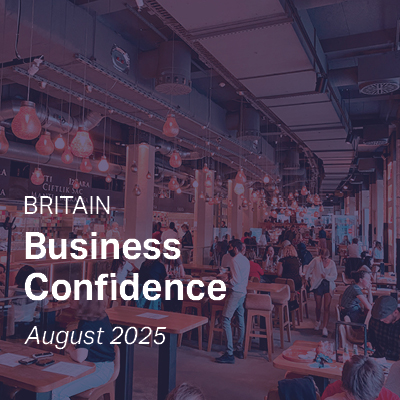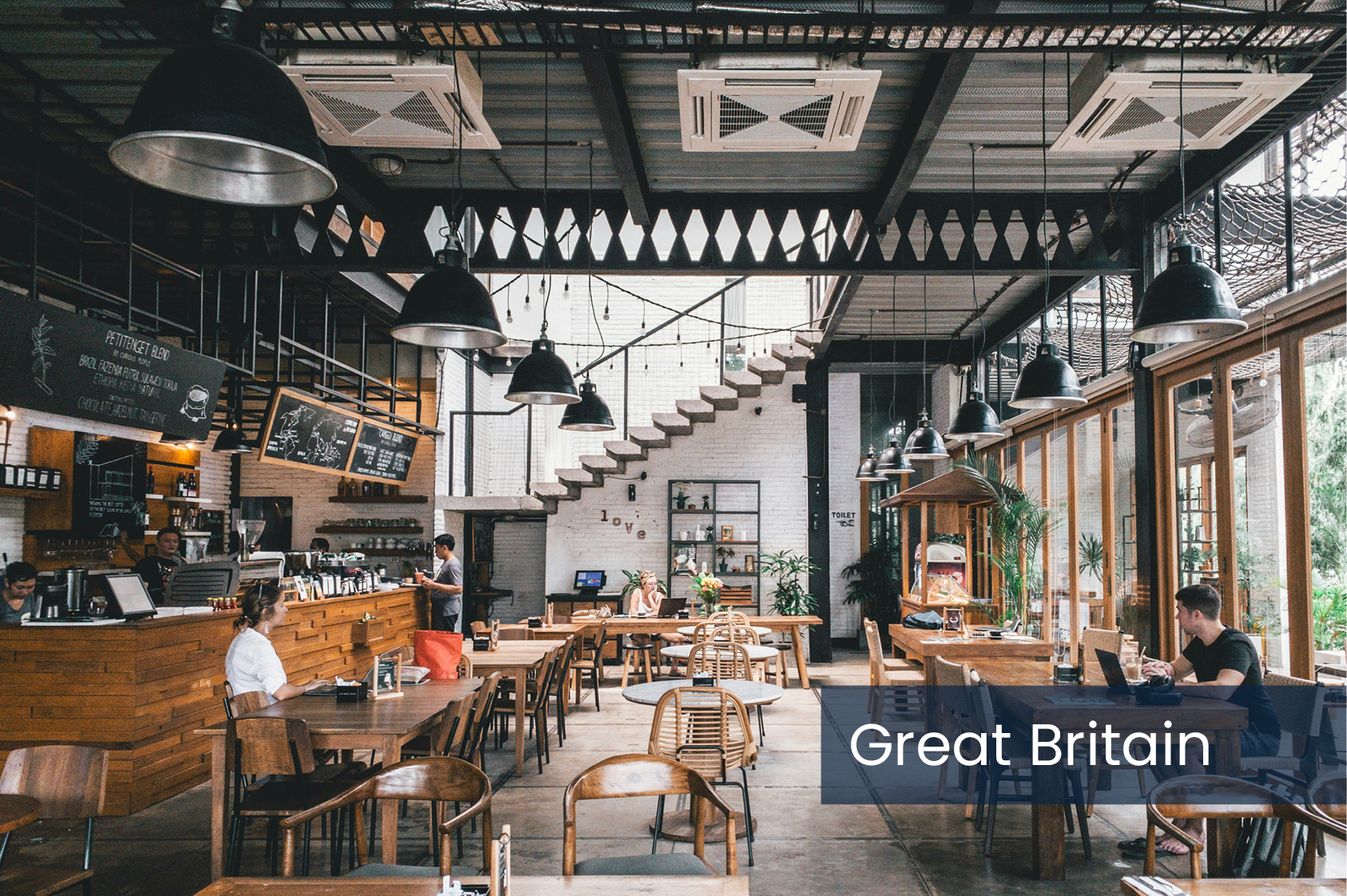
The survey of industry leaders shows that nearly two thirds (63%) have increased their operational expenditure over the last 12 months, following inflationary pressures on the costs of labour, food and drink and other key inputs. However, only a third (34%) have increased their capital expenditure. Close to half (45%) have been forced to cut their capex—more than double the 20% who have reduced their operational expenditure.
The Survey highlights a growing split in hospitality, with 25% of hospitality leaders currently able to increase both their operational and capital expenditure, but 14% forced to reduce both. This indicates the current fragility of the sector, with 9% of leaders reporting that they now have no cash reserves to draw on, while 53% have fewer than six months of reserves.
Soaring costs have been particularly damaging for smaller operators, the Business Confidence Survey shows. Just 22% of independents have increased their capital expenditure year-on-year, while 60% have been forced to cut it—15 percentage points more than the sector average.
Intense cost pressures are forcing businesses to make difficult decisions on investment, but leaders recognise the value of capex in sustaining sales and keeping pace with competitors. Two thirds (65%) of leaders say site refurbishments are a high or medium priority for investment, while 55% say the same about workforce management technology. Half (50%) identify both customer-facing technology and site acquisitions as high or medium priorities.
Despite low optimism at the moment, the Business Confidence Survey provides some cause for cautious confidence about the outlook. While three in five (61%) leaders say the economic environment is currently a barrier to their capital expenditure, only 27% cite consumer sentiment—an indication that Britain’s underlying demand for hospitality remains strong.
Karl Chessell, director – hospitality operators and food, EMEA at CGA by NIQ, said: “April’s increases in pay levels and National Insurance contributions have added yet more weight to the heavy cost burdens on hospitality businesses. They have further polarised the sector, between successful and efficient businesses that are able to invest across the board, and weaker ones that are struggling to keep up with day-to-day costs and are scaling back capital projects. All leaders are acutely aware of the importance of capex, especially in areas like technology, which can unlock efficiencies and extra revenue. Investment here feels a big stretch for some operators at the moment—especially smaller ones—but it’s going to be essential if businesses are to stay competitive and meet guests’ evolving needs.”
Paul Watson, VP of hospitality at Sona, said: “As operational costs continue to climb, hospitality businesses are rightly reassessing how they allocate resources, but the findings from this survey underscore the critical need to invest in the right solutions for your business. Intelligent, AI-driven solutions can deliver immediate efficiencies in scheduling, labour optimisation and compliance, helping operators reduce overheads without compromising service quality. A recent adopter of Sona saw an improvement in labour by 0.5%, within a couple of weeks from putting the product in the hands of the operators. They also realised further improvements as the solution bedded in, and these learned improvements are where the power of our AI-native workforce management solution is unlocked. For smaller and independent businesses especially, targeted tech investment isn’t just a cost, it’s a strategic lever to unlock resilience, agility and long-term competitiveness in a volatile market.”
The Business Confidence Survey from CGA by NIQ and Sona drew responses from leaders at CEO, MD, chair, board and other senior management levels, with combined oversight of more than 14,000 hospitality sites. The research was conducted in late July and early August 2025.
Click here to download the latest Business Confidence Survey report in full, and contact the CGA by NIQ team to learn more.



